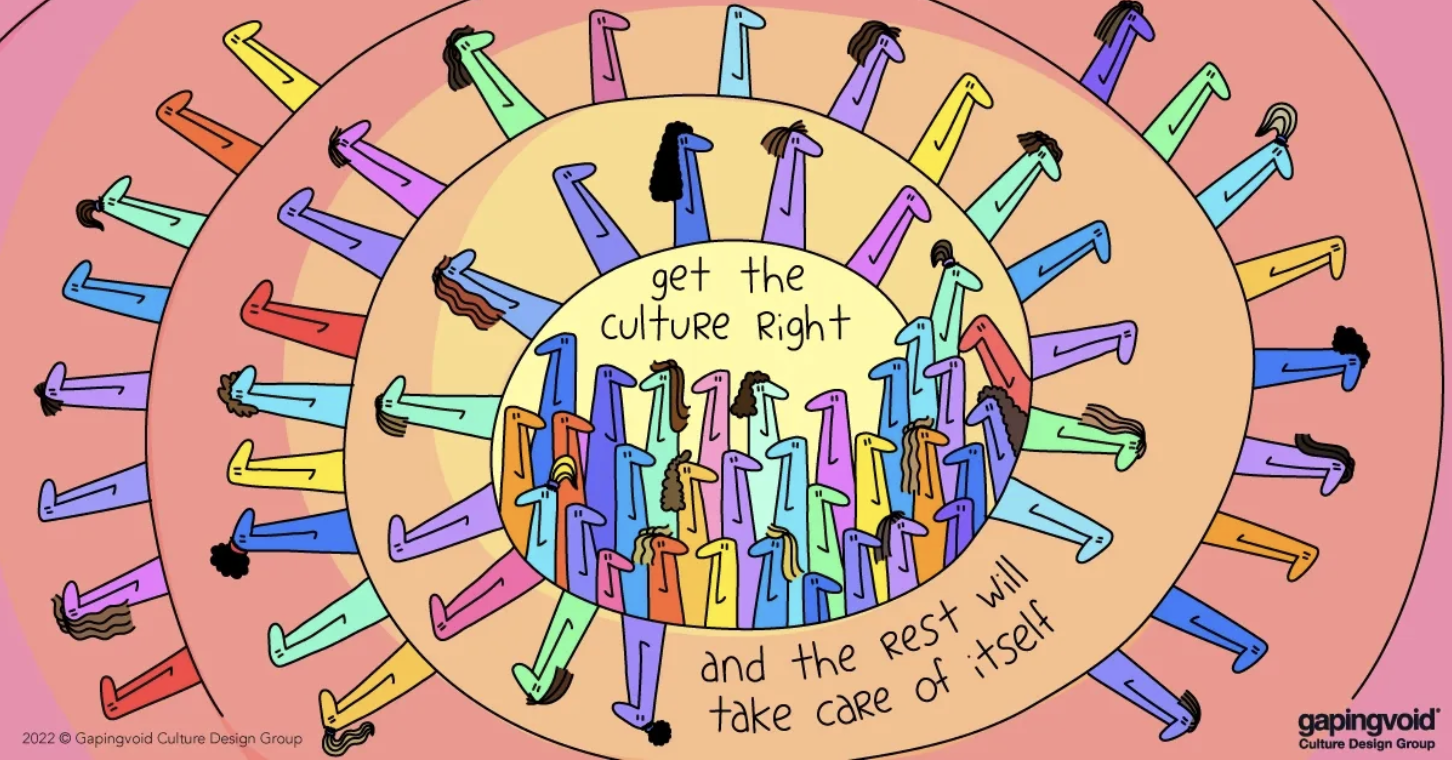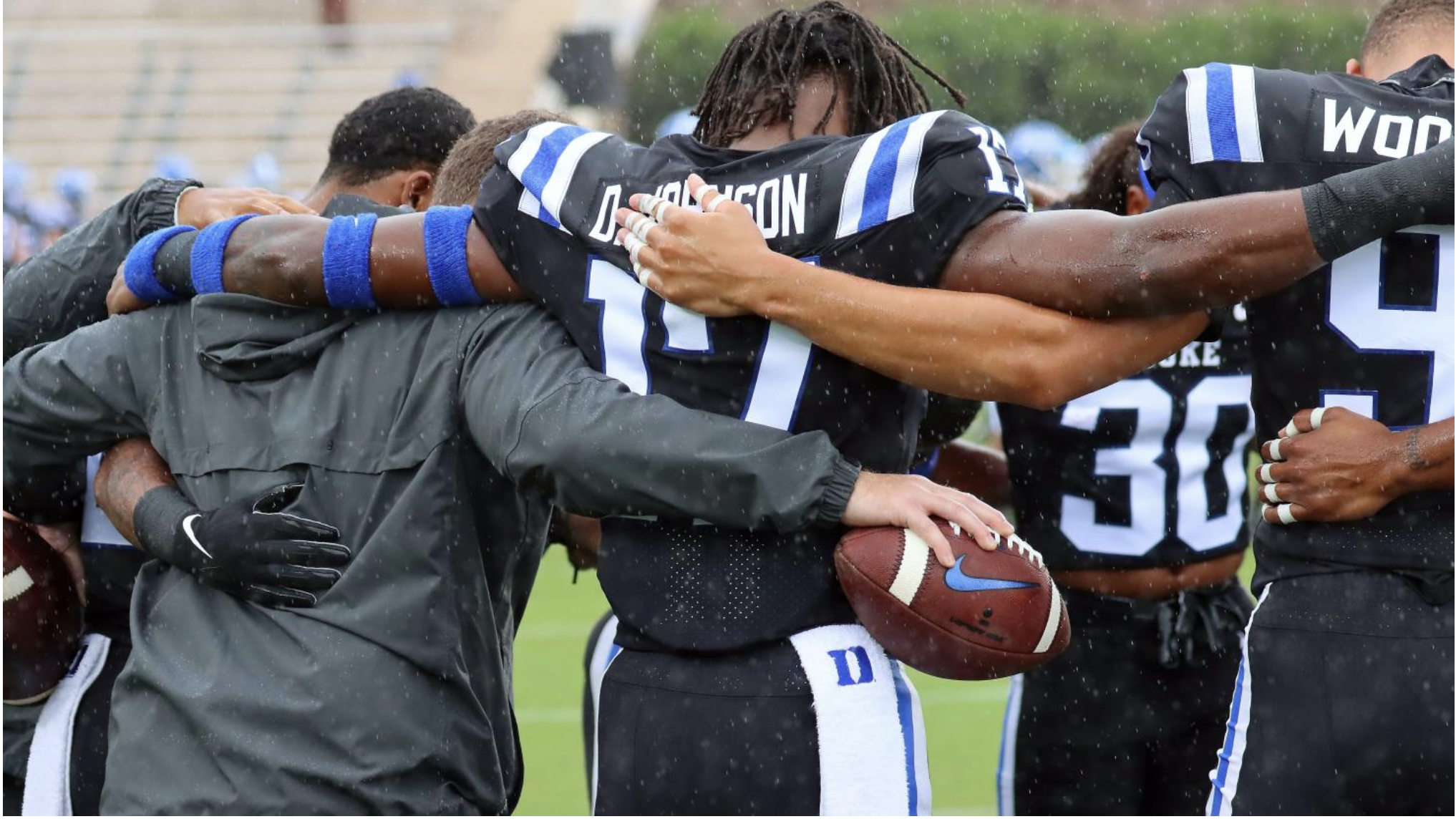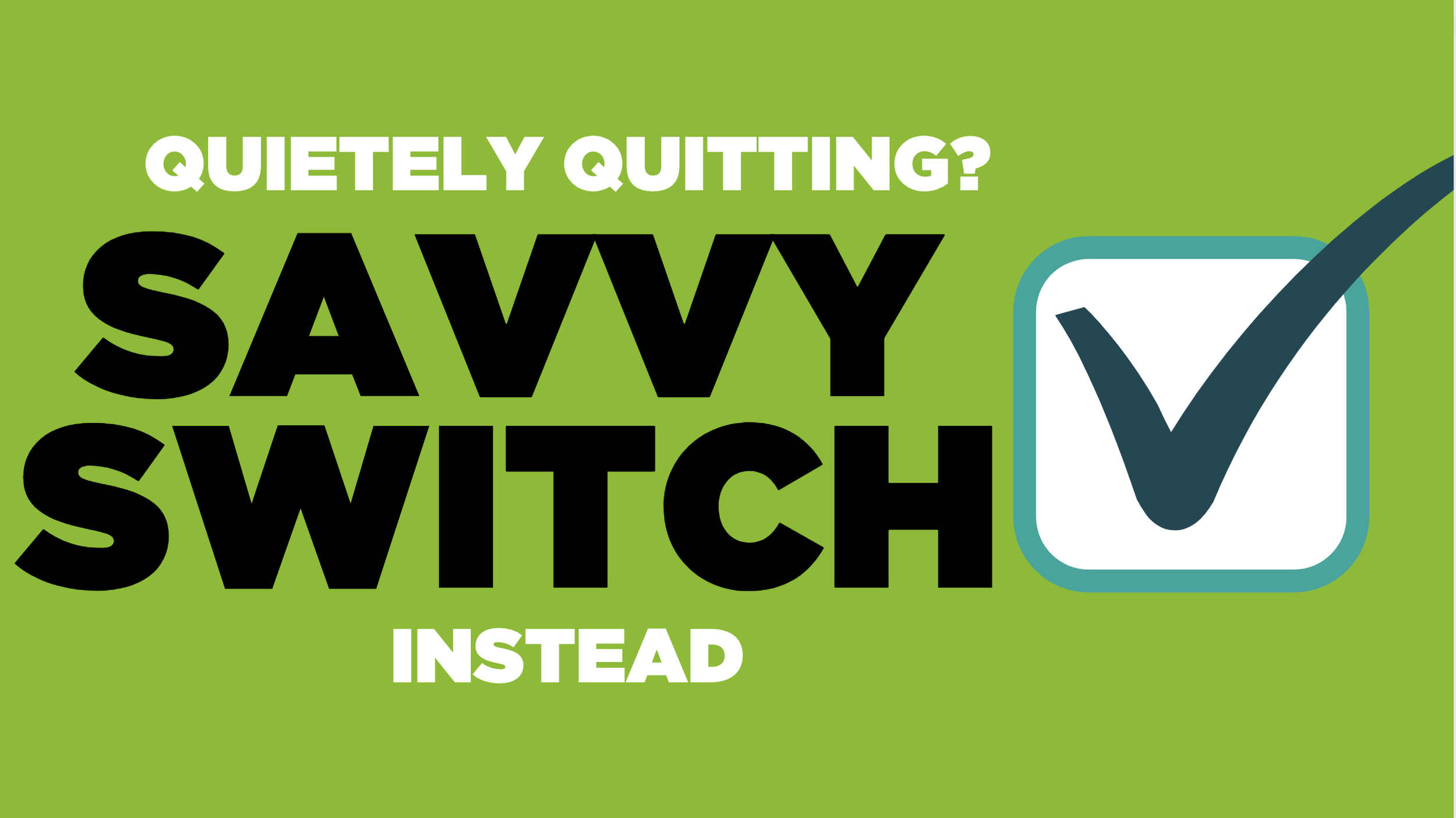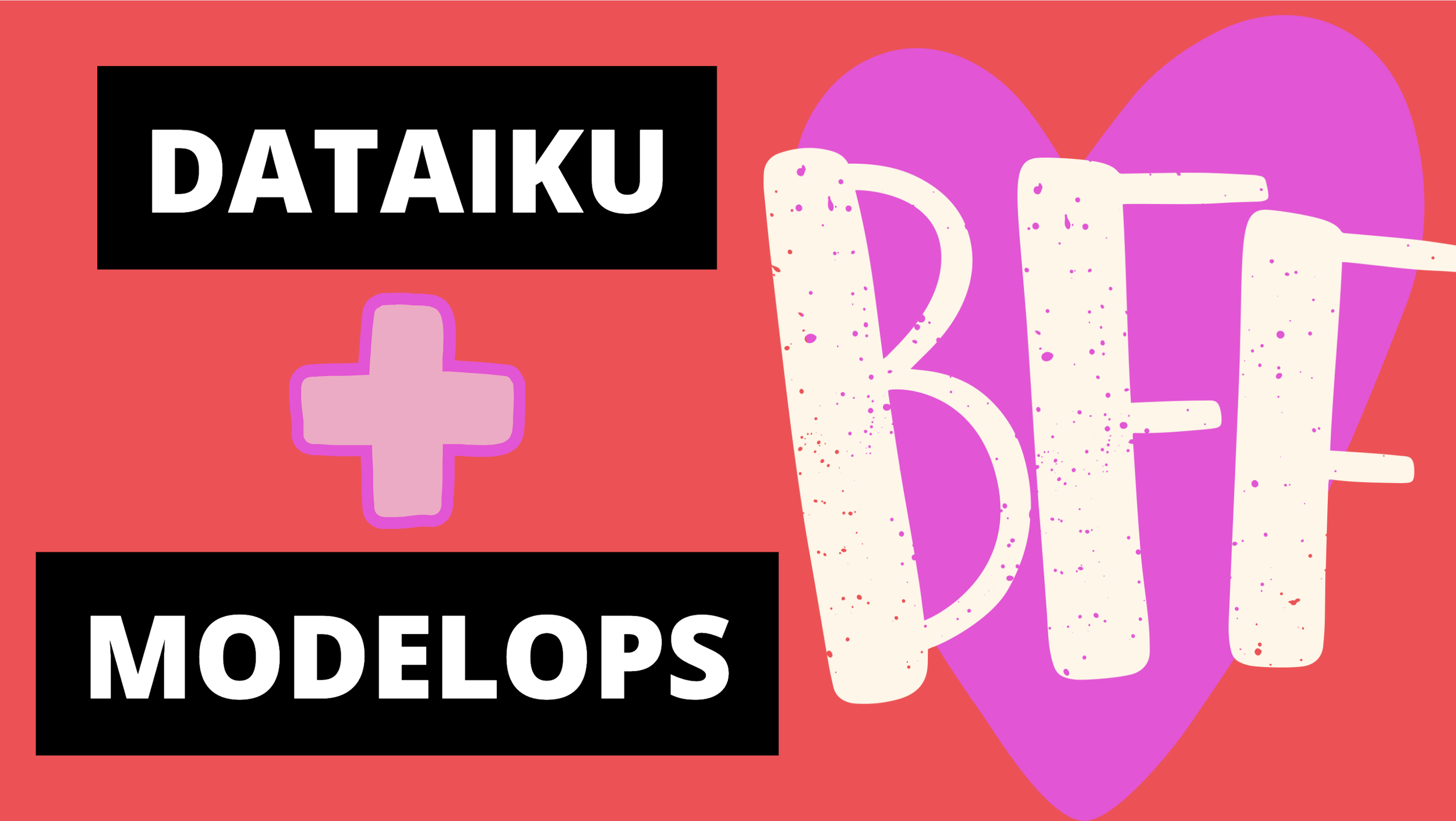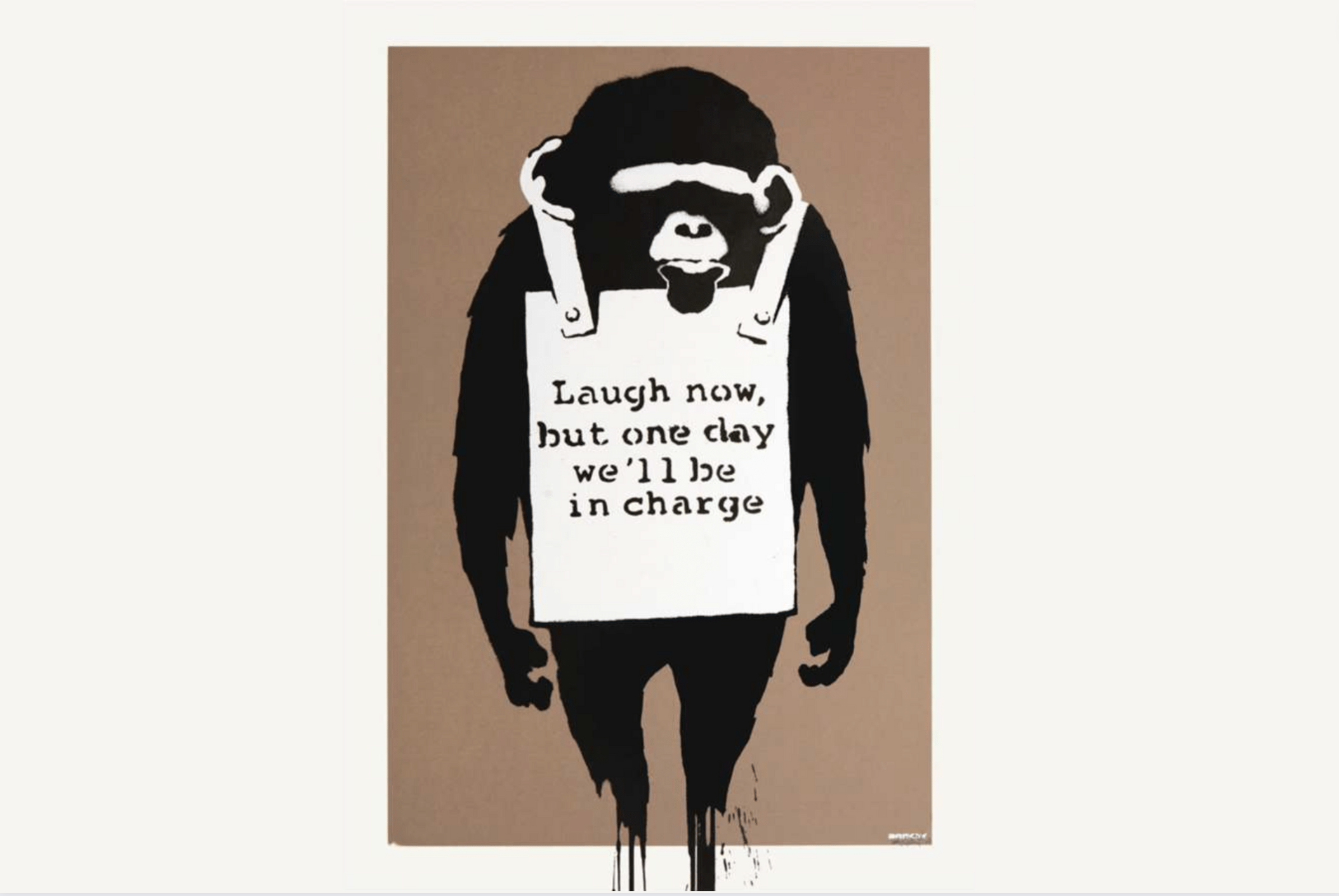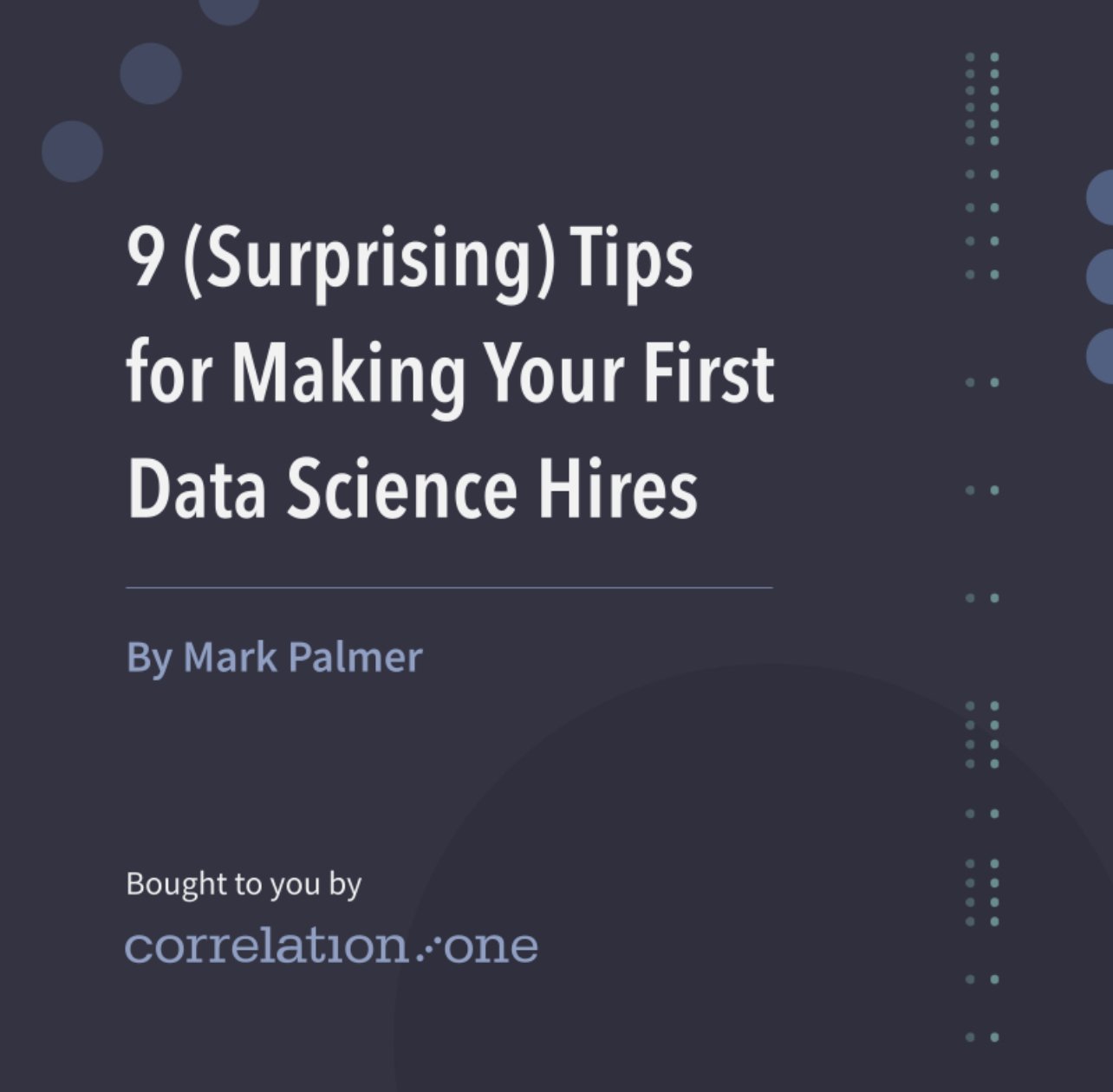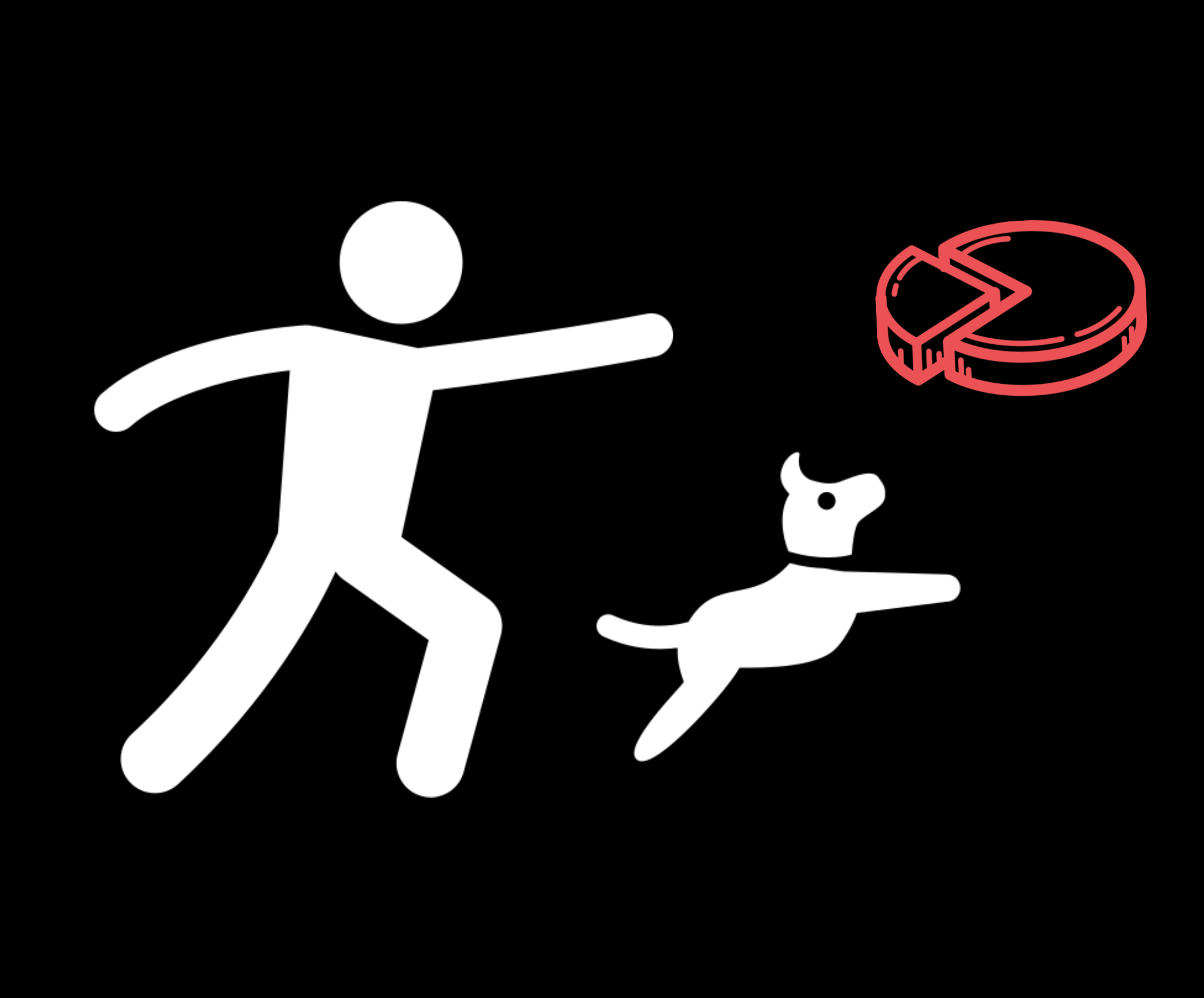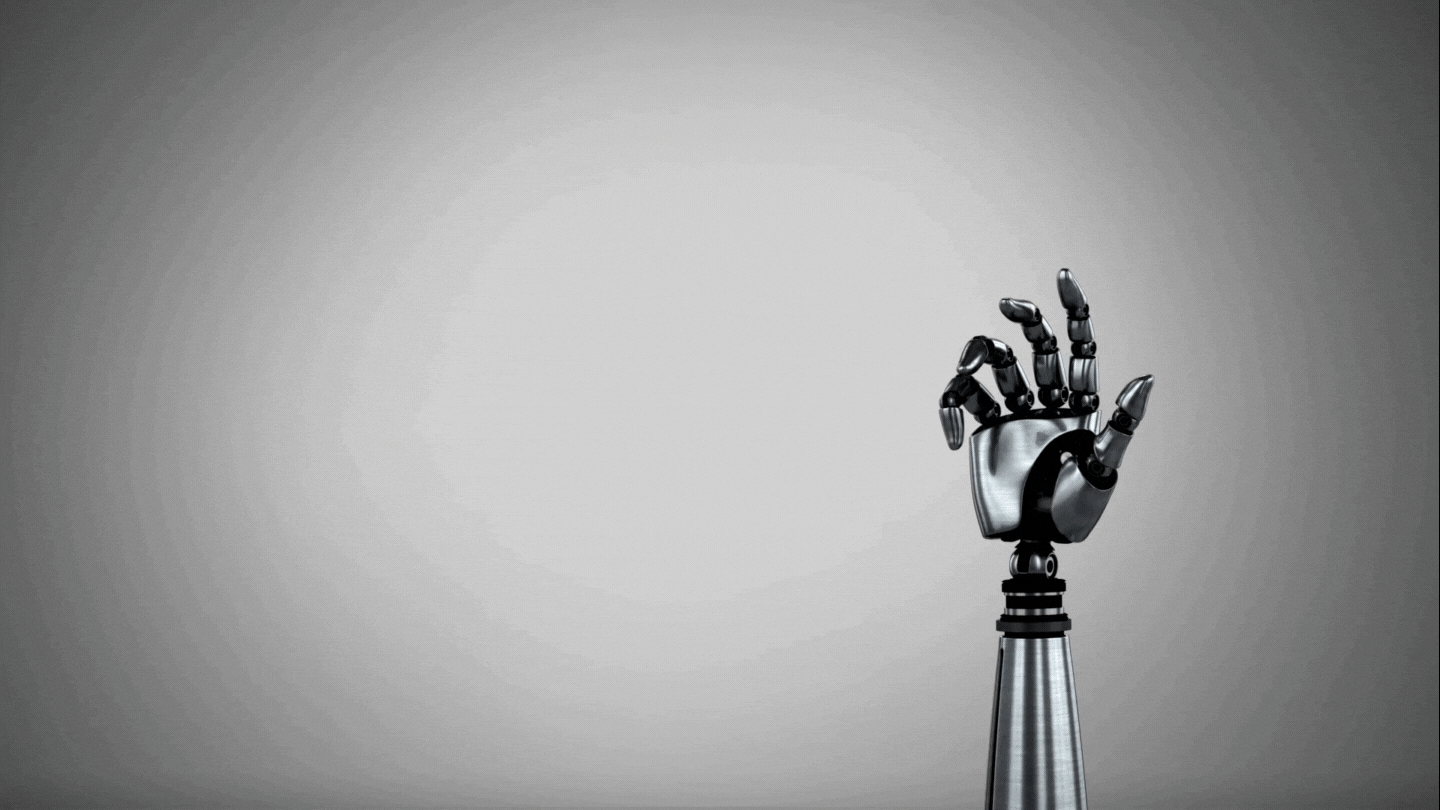Green-to-Tee Career Strategy
Plot your career moves like Tiger Woods plans his golf shots.
I like doing exit interviews—job changes are a big deal. But my main question, why are you leaving, often yields a disappointing response, like “A great opportunity came up.” I ask where is this job leading to? What’s your plan? I-stumbled-onto-a-job is not a strategy.
Better to think like Tiger Woods.
One innovation Tiger brought to golf is how he thinks. Here’s how your career can benefit from his approach.
Green-to-tee thinking
In Harvard Business Review’s Green To Tee Strategy, Andreas Kluth explained that most people play golf forward from tee to green. They plan a shot… hit a shot… plan a shot... hit a shot…. and so on. Tiger reversed that thinking in the 2005 British Open. While others bombed away from the tee, Woods, known for majestic drives, hit uncharacteristically short, conservative shots—each shot set up the next one.
Woods wasn’t just playing it safe. Conditions were harsh in 2005. The ball seemed to roll forever. Winds howled. By planning shots backward—from green to tee—Tiger realized he didn’t need length; he needed accuracy. Over four days, he hit driver just once. He ran away with the tournament.
Green-to-tee career strategy
Green-to-tee planning works for career planning too. Here’s how to do it:
Pick a vision. That’s your green. Dream big! A position like CEO or starting your own company might take 10 years to reach, but dream!
Reflect on the skills and experience you need to reach that goal.
Take a shot according to your plan.
Repeat.
You’ll get lots of shots in your career—like golf, about 70…
Counting Tours of Duty, your career has 12 holes and 70 shots
According to the U.S. Bureau of Labor Statistics, the average worker has 12 jobs in their career. Within each job, you can do several Tours of Duty, a term coined by Reid Hoffman. A tour of duty is like doing an internship, only you keep doing them throughout your career. Assuming 5-6 tours per job, that's about 70 shots in your work lifetime.
In golf, 50% of shots are short—it's where the game is won. Tours of Duty are like short golf shots. And like putting, Tours of Duty are easy to practice and overlooked.
Woods showed how to think from green to tee in the 2005 British Open. Green-to-tee thinking can help you plan your career and get creative about the jobs you take, including Tours of Duty.
Green-to-tee career examples
Here are several real examples of green-to-tee thinking in real life…
Vision: become a product creator. A great data scientist has a product idea and wants to learn how to build software products. We're launching a new product, so we put her on the steering committee. Each week, we discuss product priorities, positioning, competition, pricing, and go-to-market. We assign him small projects, like building a demo or interviewing customers. This tour of duty helps him understand the product creation process and get real experience on an actual product launch with just a few hours a week.
***
Vision: do a startup. A data scientist has a dream to start her own company. We're launching a new product, so we made her part of the team. This Tour of Duty shows her how a new product innovation works, what it's like to be in a startup, and access to coaching.
***
Vision: no clue! College internships are Tours of Duty. Why do we stop doing them when we start our careers?
***
Vision: patent dreams. A data scientist wants to be an inventor. We teamed her with one of our more prolific patent-authors for a Tour of Duty to coauthor one.
***
Vision: data science industry expert. Data Scientist Catalina Herrera set out to be a public evangelist, teacher, and speaker on AI. After teaching for several years, her first three jobs gave her business experience in semiconductors, finance, and energy. She's spoken at conferences for years. Now, her breadth of knowledge applies to many industries, and she's a well-respected AI evangelist.
***
Vision: write a book. Many people dream about writing a book, but few put in the hard work of writing every day. Miller wants to write a book someday, but he's patient. He's starting by writing blog posts and byline articles. He asked me to edit his articles and help him get published. We've been working together for a year.
***
Vision: be a billionaire. Startups are a tricky business. Most fail. But good ones with good investors have a better chance than average. A sales leader dreams of being a startup multi-millionaire. But his 15 years of experience was in big companies. I helped him find three startup roles over 5 years, building startup credibility. Last year his current data science startup was valued at over $300M. He's not a millionaire yet, but who knows? After 3 shots, he's on the right track.
***
Vision: learn the business of M&A. Leslie, a VP of product management, wants to understand how mergers and acquisitions work. She thinks she'd like to get into private equity someday. I've included her in due diligence meetings and debrief meetings to discuss the pros and cons of acquisitions we evaluate at TIBCO. It takes just a few hours a week, but it's a great "M&A internship," and it helps me out with an alternative point of view.
***
Vision: CEO. At 30, I dreamed of being a CEO. But I had only technical experience. First, I leveraged my technical skills to get a job in technical pre-sales, which me the credibility to run sales. That gave me the background to become a GM. Three positions, and 7 years later, I got my first CEO gig.
***
Vision: learn new engineering styles. Sudit, a rising star engineer, wanted to broaden his knowledge of engineering methodology and teamwork. We had a project to integrate two products. So we embedded Sudit in the other team for six months. He learned how another team's culture works, and we got a better product due to the tight partnership. It was a win-win Tour of Duty.
11 Green to Tee Career Strategy Tips
Set reasonable expectations. Everyone sucks at golf at the start… If you're a recent college grad or have no experience in where you want to be, plan 3-4 shots in advance and take your time.
Don't listen to advice from other players. You get a lot of advice on a golf course from bad golfers. At work, take advice from people you want to emulate.
Get swing coaches (mentors) to help you. Every professional golfer has a team: caddy, psychologist, agent, swing coach. View your work team the same way: managers, mentors, investors can help you plan each move and even create opportunities for you.
Keep learning. Professional golfers never stop learning. They accumulate skills that build on each other. At work, skills morph and elevate as scope increases from individual contributor up, like this:
individual contributor (doing)
manager (indirect doing)
director (team building)
VP (vision)
C-Level (scale)
CEO (corporate strategy)
board of directors (industry strategy, funding, M&A)
And that’s just one path. Hundreds of other paths exist—from data scientist to founder, engineer to inventor, inside salesperson to enterprise salesperson.
Take risky shots wisely. Sometimes it's good to take a risk. Your ball might end up in the woods, the water, or someone's backyard, or you might get a birdie or an eagle. Professional golfers calculate risks first with their caddy, and if conditions are right, they go for it.
Startups are like risky golf shots. Finding a good one is tricky: seek investors with a good track record and experience, then go for it. As Sheryl Sandberg says, "if someone offers you a seat on a space shuttle, you don't argue over which seat you get."
And if your space shuttle doesn't get off the ground, don’t fret—you get a lot of shots in your career. Regroup and take another shot.
Take conservative shots. Smart golfers take safe shots too. If you're unsure, do a Tour of Duty. It's a safe way to try something new.
Play a scramble with your life partner. A fun way to play team golf is a "scramble." Each player hits a shot. You choose the best one and hit again. One can take a risk while the other plays it safe. Consider playing a career scramble with your life partner: one joins a startup while the other stays in a secure job.
Escape trouble--get out of bad jobs quickly. If you hit the ball in the woods—if you pick a lousy job or manager—escape. Just knock the ball back in the fairway. It happens!
Be tolerant of your mistakes. When you make mistakes, put them behind you. Define a new goal and keep swinging. Remember, you have 70 shots!
Work is a hard game. Like golf, work can be fun. Like golf, work can suck, too. You'll hit terrible shots (get a bad boss). The weather will turn (your startup will fail). You'll miss putts (you'll lose a deal, get passed over for promotion). But it's all part of the game.
Work is a personal, inner game. Golf is an inner game. Each shot, each path, is unique. Find yourself, find your vision, and your path will emerge of 13 holes and 70 shots. Enjoy the game!



